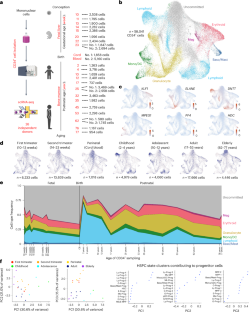2024-12-03 バーミンガム大学
<関連情報>
- https://www.birmingham.ac.uk/news/2024/covid-19-reduced-sex-offender-behaviour-new-study
- https://psycnet.apa.org/fulltext/2025-46531-001.html
英国の見知らぬ人による性犯罪の発生率と特徴は、COVID-19パンデミック期間中の公衆衛生対策によって変動した The Incidence and Characteristics of U.K. Stranger Sex Offenses Fluctuated With Public Health Measures During the COVID-19 Pandemic
Jessica Woodhams , Blaine Keetch, Prachiben Shah, Matthew Brett, Kari Davies, Heather Flowe, Fazeelat Duran, Sarah Galambos, Pippa Gregory
Psychology of Violence Accepted: September 27, 2024
DOI:https://doi.org/10.1037/vio0000574

Abstract
Objective: With COVID-19 came a range of public health measures that impacted people’s routine activities. According to routine activity theory, these could affect the rate and nature of crime. This has largely been examined with volume crime (e.g., burglary, robbery) or crimes committed in the home. Stranger sex offenses greatly vary in nature and occur in a range of settings; therefore, these offenses present a novel opportunity to investigate different routine activity theory-based hypotheses. Method: The National Crime Agency routinely collects detailed information about all stranger sex offenses reported to the police in the United Kingdom. With these standardized data (N = 6,422), we studied the relationship between COVID-19 public health measures and the rate and characteristics of stranger sex offending across the entire first year of the COVID-19 pandemic, contrasting this with data from the same period pre-COVID-19. Results: Our findings accord with classic criminological theory whereby the incidence and characteristics of U.K. stranger sex offenses reported to police covaried with the population’s patterns of mobility and national lockdowns during the first year of COVID-19. This impact on routine activities also manifested in differences in perpetrator and victim behavior and characteristics. Conclusions: Our study supports the applicability of routine activity theory to sex offending and brings new insights regarding the situational prevention of sex offending during major events such as a pandemic. It is also relevant to the urgent need to educate prosecutors who are now making decisions about sex offenses perpetrated during the early years of this pandemic.

